What You Need To Know About Oxidative Stress and Your Well-being – Understanding Oxidation in the Body, Their Impact on Health and Well-being, and 3 Natural Remedies to Support Balance
Oxidative Stress – Understanding Oxidation in the Body, Their Impact on Health and Well-being, and 3 Natural Remedies to Support Balance
Overview
Oxidative Stress – Oxidation is a natural chemical process that occurs in the body as a result of normal metabolic activities. While it is an essential
Understanding Oxidation in the Body
Oxidation is a chemical reaction that involves the transfer of electrons from one molecule to another. During this process, molecules known as oxidants, or oxidizing agents, remove electrons from other molecules, causing them to become oxidized. This reaction generates byproducts called free radicals, which are highly reactive molecules with unpaired electrons.
While oxidation is a normal part of cellular metabolism, excessive stress on the body as a result of oxidation occurs when there is an imbalance between the production of free radicals and the body’s antioxidant defenses. Free radicals can damage important cellular components, including lipids, proteins, and DNA, leading to oxidative stress and potentially contributing to the development of various diseases.
What is Oxidative Stress in the Body?
In the intricate processes of the human body, a delicate balance exists between oxidation and antioxidation. When this equilibrium is disrupted, oxidative stress occurs, leading to cellular damage and the development of various diseases. Understanding the causes and effects of the stress of oxidation is crucial for maintaining optimal health. Fortunately, nature offers a wide array of antioxidant-rich foods that can naturally combat the bodily stress caused by oxidation.
Understanding Oxidative Stress
The Stress from Oxidation occurs when there is an imbalance between the production of reactive oxygen species (ROS) and the body’s antioxidant defenses. ROS are highly reactive molecules, including free radicals, that are byproducts of normal metabolic processes or are generated in response to external factors such as pollution, radiation, and certain medications.
Under normal circumstances, the body’s antioxidant defenses neutralize these harmful molecules. However, when the production of ROS overwhelms the antioxidant capacity, oxidative stress arises. This imbalance leads to damage to lipids, proteins, and DNA, resulting in cellular dysfunction and potential harm to various organs and systems.
Causes of Oxidative Stress
Oxidative stress arises when the production of reactive oxygen species (ROS) overwhelms the body’s antioxidant defense mechanisms. Several factors contribute to the generation of ROS:
- Metabolic Processes: Normal cellular metabolism, including energy production, generates ROS as natural byproducts. Mitochondria, the energy factories within cells, are a primary source of ROS production.
- Environmental Factors: Exposure to environmental pollutants such as air pollution, radiation, pesticides, and toxins can increase ROS production. Lifestyle choices like smoking and excessive alcohol consumption also contribute to oxidative stress.
- Inflammation and Infection: Inflammatory processes and chronic infections can trigger the release of pro-inflammatory molecules and increase ROS production, exacerbating oxidative stress.
What are Reactive Oxygen Species (ROS)?
Reactive oxygen species (ROS) are highly reactive molecules that play a complex role in cellular physiology. While they are generated as natural byproducts of cellular metabolism, excessive ROS production can lead to oxidative stress, contributing to the development of various diseases.
Reactive oxygen species are a group of chemically reactive molecules that contain oxygen and include superoxide anion (O2·-), hydrogen peroxide (H2O2), and hydroxyl radical (·OH). They are produced as part of normal cellular metabolism through processes like mitochondrial respiration and enzymatic reactions.
Sources of Reactive Oxygen Species
- Mitochondria: Mitochondria, the energy-producing organelles within cells, are a major source of ROS production during oxidative phosphorylation.
- Enzymatic Reactions: Several enzymatic reactions within the body, such as those involving nicotinamide adenine dinucleotide phosphate (NADPH) oxidase and xanthine oxidase, generate ROS.
- Inflammation: Inflammatory cells, such as neutrophils and macrophages, produce ROS as part of the immune response to eliminate pathogens and damaged cells.
- Environmental Factors: External sources like ionizing radiation, EMF radiation, air pollutants, cigarette smoke, and certain drugs can contribute to increased ROS production.
Role of Reactive Oxygen Species in Health and Disease
Reactive oxygen species have dual roles in the body. At low levels, they play important physiological roles in cellular signaling, immune defense, and cellular homeostasis. However, excessive ROS production or inadequate antioxidant defense mechanisms can lead to oxidative stress, causing damage to cellular components, including lipids, proteins, and DNA.
Free Radicals and Oxidation

When free radicals react with other molecules in the body, they initiate a chain reaction known as oxidation. This process can cause damage to lipids, proteins, and DNA, leading to cellular dysfunction and potentially contributing to the development of diseases associated with oxidative stress.
What are Free Radicals?
Free radicals are molecules that have an unpaired electron in their outer shell, making them highly reactive. This unpaired electron makes free radicals unstable, and in an attempt to achieve stability, they interact with other molecules in the body, often causing damage. Free radicals can be generated both internally, as part of normal cellular metabolism, and externally through exposure to environmental factors.
Sources of Free Radicals
- Metabolism: Free radicals are naturally produced during cellular respiration, a process by which cells generate energy. Mitochondria, the powerhouse of the cell, are a major source of free radicals.
- Environmental Factors: Exposure to environmental pollutants such as air pollution, radiation, cigarette smoke, and certain chemicals can increase free radical production in the body.
- Inflammation: Inflammatory processes in the body can lead to the production of free radicals as a defense mechanism against pathogens and tissue damage.
Free Radical Impact on Health
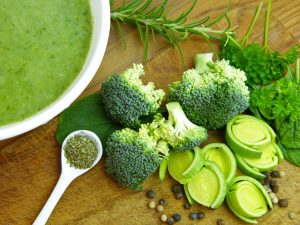
Free radicals are highly reactive molecules that can have both positive and negative effects on the body. While they play important roles in physiological processes, excessive levels of free radicals can lead to oxidative stress and contribute to the development of various health conditions. Understanding the sources and impact of free radicals is crucial for maintaining a healthy balance.
Adopting a lifestyle that includes a balanced diet rich in antioxidants, regular exercise, and minimizing exposure to environmental pollutants can help mitigate the negative effects of free radicals and support overall health and well-being.
Diseases Caused by Oxidative Stress
- Age-related diseases: Oxidative stress has been implicated in the aging process and the development of age-related diseases such as cardiovascular disease, neurodegenerative disorders, and certain types of cancer.
- Inflammation and Immune Dysfunction: Free radicals can trigger and perpetuate inflammation in the body, leading to chronic inflammatory conditions and immune dysfunction.
- Cardiovascular Diseases: The stress from oxidation plays a critical role in the development and progression of cardiovascular diseases, including atherosclerosis, hypertension, and heart failure. ROS contributes to the oxidation of low-density lipoprotein (LDL) cholesterol, initiating plaque formation in arteries. Additionally, oxidative stress promotes inflammation and impairs vascular function.
- Neurodegenerative Disorders: Oxidative stress is implicated in neurodegenerative conditions such as Alzheimer’s and Parkinson’s diseases. ROS-induced damage to neurons and oxidative modifications of proteins contribute to the progressive deterioration of brain function.
- Cancer: The stress from oxidation can contribute to the initiation and progression of cancer. ROS-induced DNA damage and mutations can lead to uncontrolled cell growth and the development of malignant tumors. Furthermore, cancer cells often exhibit increased oxidative stress, making them susceptible to therapies that exploit this vulnerability.
- Diabetes: Oxidative stress contributes to the pathogenesis of diabetes by impairing insulin signaling, promoting insulin resistance, and damaging pancreatic beta cells responsible for insulin production.
- Metabolic Processes: Normal cellular metabolism, including energy production, generates ROS as byproducts. Mitochondria, the powerhouses of cells, produce ROS during the respiratory process.
Natural Remedies to Support Balance
Antioxidant-Rich Foods
Consuming a diet rich in antioxidants can help neutralize free radicals and maintain a balanced oxidative state. Some natural food sources of antioxidants include:
- Fruits and Vegetables: Berries, citrus fruits, leafy greens, and colorful vegetables are packed with vitamins (such as vitamins C and E) and phytochemicals that possess antioxidant properties.
- Herbs and Spices: Turmeric, ginger, garlic, cinnamon, and oregano are examples of herbs and spices known for their antioxidant content.
Polyphenol-Rich Beverages
Polyphenols are a group of compounds found in various plant-based beverages that exhibit potent antioxidant activity. Some popular options include:
- Green Tea: Green tea contains polyphenols called catechins, which have been shown to scavenge free radicals and reduce oxidative stress.
- Herbal Teas: Chamomile, hibiscus, and rooibos teas are rich in polyphenols and can provide antioxidant benefits.
Healthy Fats and Omega-3 Fatty Acids
Including sources of healthy fats and omega-3 fatty acids in your diet can help reduce inflammation and oxidative stress. Examples include:
- Fatty Fish: Salmon, mackerel, and sardines are rich in omega-3 fatty acids, which have been shown to possess antioxidant and anti-inflammatory properties.
- Nuts and Seeds: Almonds, walnuts, chia seeds, and flaxseeds are good sources of healthy fats and antioxidants.
Avoid seed oil such as sunflower oil, canola oil, olive oil, avocado oil, peanut oil, vegetable oil, etc. These will exacerbate and increase inflammation and oxidative stress in your body.
Natural Food Remedies
Nature has endowed us with a plethora of antioxidant-rich foods that can help counteract the stress caused by oxidation. Including these foods in our diets can provide us with the necessary antioxidants to combat the harmful effects of ROS.
Incorporating antioxidant-rich foods into our diets can help combat oxidative stress and support overall health. Here are some natural food remedies known for their antioxidant properties:
- Berries: Blueberries, strawberries, raspberries, and blackberries are packed with antioxidants, including anthocyanins and vitamin C, which help neutralize free radicals and reduce oxidative stress.
- Leafy Greens: Spinach, kale, Swiss chard, and other leafy greens are rich in antioxidants such as vitamins A, C, and E, as well as various phytochemicals that contribute to reducing oxidative stress and promoting cellular health.
- Nuts and Seeds: Almonds, walnuts, flaxseeds, and chia seeds are excellent sources of vitamin E, an antioxidant that protects against oxidative damage. They also provide essential fatty acids and other beneficial nutrients.
- Turmeric: Curcumin, the active compound in turmeric, possesses potent antioxidant and anti-inflammatory properties, making it an effective natural remedy against the stress of oxidation.
- Green Tea: Rich in polyphenols, green tea exhibits powerful antioxidant effects, helping to combat the stress of oxidation and reduce the risk of chronic diseases.
Final Thoughts
Oxidation is a natural process in the body, but excessive oxidative stress can have detrimental effects on health. By incorporating antioxidant-rich foods, polyphenol-rich beverages, and sources of healthy fats into our diets, we can support the body’s antioxidant defenses and maintain a balanced oxidative state. These natural remedies can help reduce oxidative stress and promote overall well-being.
Oxidative stress and the resulting damage caused by free radicals are significant contributors to various diseases. By understanding the causes and effects of oxidation and its stress on the body, we can take proactive steps to mitigate its impact on our health. Incorporating antioxidant-rich foods, such as berries, leafy greens, nuts, turmeric, and green tea, into our diets can provide natural remedies to counteract oxidative stress and promote overall well-being. Embracing these dietary choices can help restore balance in the body and reduce the risk of diseases associated with oxidative stress.
For natural and healing remedies, products, and supplements that can help you live your most optimal healthy life, visit our store here!
To Your Health!
References
- Valko, M., et al. (2007). Free radicals and antioxidants in normal physiological functions and human disease. The International Journal of Biochemistry & Cell Biology, 39(1), 44-84.
- Halliwell, B. (2006). Oxidative stress and neurodegeneration: where are we now? Journal of Neurochemistry, 97(6), 1634-1658.
- Liou, G. Y., & Storz, P. (2010). Reactive oxygen species in cancer. Free Radical Research, 44(5), 479-496.
- Pham-Huy, L. A., et al. (2008). Free radicals, antioxidants in disease and health. International Journal of Biomedical Science, 4(2), 89-96.
- Lobo, V., et al. (2010). Free radicals, antioxidants, and functional foods: Impact on human health. Pharmacognosy Reviews, 4(8), 118-126.
- Pham-Huy, L. A., et al. (2008). Free radicals, antioxidants in disease and health. International Journal of Biomedical Science, 4(2), 89-96.
- Giacco, F., et al. (2011). Oxidative stress and diabetic complications. Circulation Research, 107(9), 1058-1070.
- Surh, Y. J. (2003). Cancer chemoprevention with dietary phytochemicals. Nature Reviews Cancer, 3(10), 768-780.
- Sies, H. (2017). Oxidative stress: A concept in redox biology and medicine. Redox Biology, 4, 180-183.
- Halliwell, B., & Gutteridge, J. M. (2015). Free radicals in biology and medicine. Oxford University Press.
- González-Mañán, D., et al. (2021). Antioxidants and their role in the body: A review. Environmental Health and Preventive Medicine, 26(1), 1-12.
- Bhullar, K. S., & Rupasinghe, H. P. (2013). Polyphenols: Multipotent therapeutic agents in neurodegenerative diseases. Oxidative Medicine and Cellular Longevity, 2013, 1-12.
- Chuengsamarn, S., et al. (2018). Turmeric extract and its active compound, curcumin, protect against chronic CCl4-induced liver damage by enhancing antioxidation. BMC Complementary and Alternative Medicine, 18(1), 1-11.

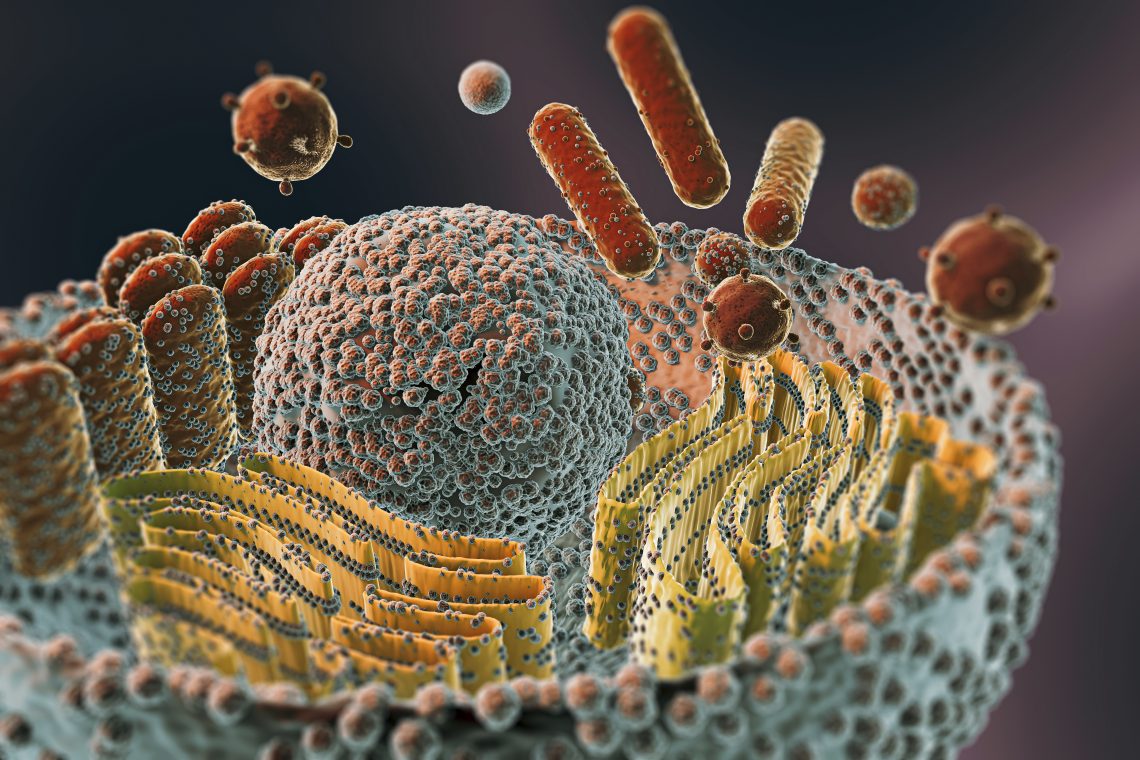
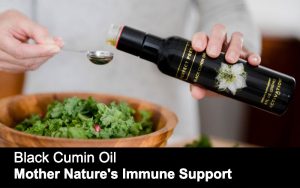
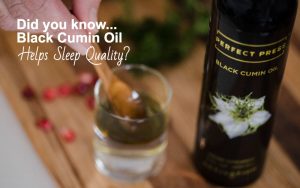


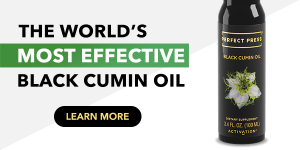



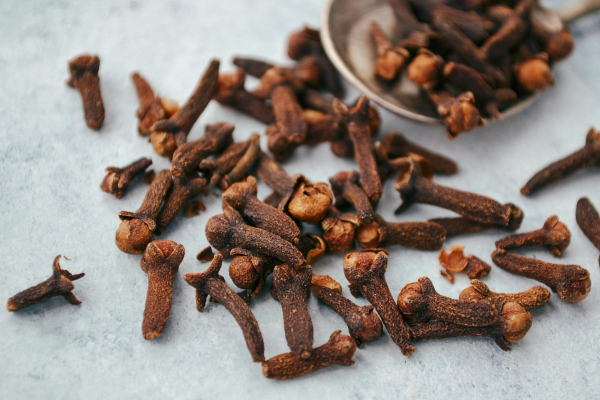
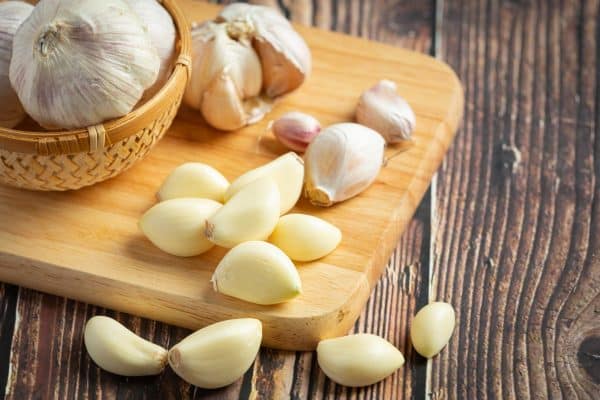



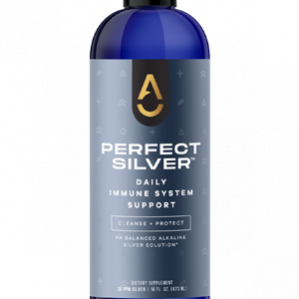
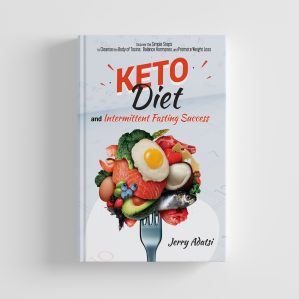

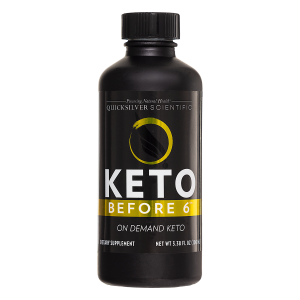











1 Comment
[…] potential dangers associated with vegetable oils can be traced back to several factors related to their production and composition. It’s essential […]